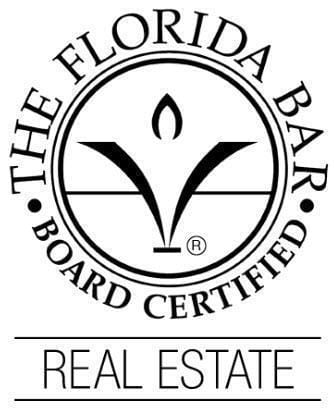Buying property to use as an income source is exciting and may prove lucrative. When you create a lease agreement for these purposes, you should check to ensure it contains some essential elements.
Absent a strong lease, you may get into disagreements with tenants now or in the future. Check your lease provisions to make it as strong as possible.
What goes into a lease?
A lease is a contract whereby you grant someone the right to occupy and use your space in a manner you set out. For instance, a residential lease should not include language about commercial uses and vice versa. Aside from this, there are some essential elements all leases should include, such as:
- The dates of the lease
- The names of the parties
- The intended property use
- The price of rent
- The conditions on the property
What are common property conditions set out in a lease?
The conditions by which you are leasing the property should go into the lease for various reasons. For starters, in a residential lease, the home or condo may fall under the regulation of an owners association. These, in turn, have certain restrictions within the community that the tenant must abide by, or you, the owner, may become liable. Any property restrictions or rules should go into the lease/
What happens if a tenant breaks the lease?
Not all tenants will abide by the terms of the lease. In this respect, your document should contain a clear breach section that identifies the penalties for tenants breaking the lease. Absent this section, you may forfeit your ability to take action or recover compensation if the tenant breaks the lease.
A strong lease document may require the keen eye of a person with experience in real estate.




